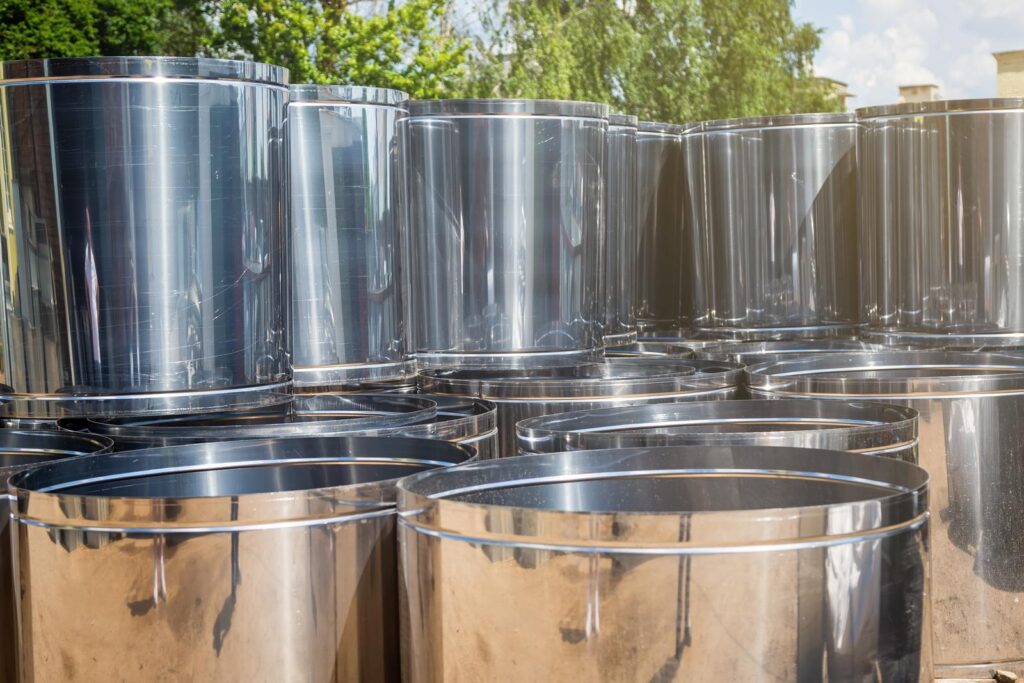Heating systems account for a large percentage of energy consumption in households and businesses. By optimizing your heating system, you can reduce your energy bill, improve the overall comfort of your home or business, and help the environment. This article will discuss some tips on optimizing your heating system and reducing your energy consumption.
1. Upgrade Your System
If you have a central heating system, one of the best ways to optimize it is to upgrade to a more efficient heating model or a smart heating system. Central heating systems can be very energy-intensive, so upgrading to a newer, more efficient model can make a big difference in your energy consumption.
Using smart heating systems will allow you to automatically control the building’s temperature at any time of the day. Another way to optimize your central heating system is to add insulation. This will help keep the heat in your home, reduce the energy required to keep your home warm, and reduce your carbon footprint.
2. Seal Heating and Cooling Ducts
Another way to optimize heating systems is to seal heating and cooling ducts. Duct systems distribute conditioned air within a building, and as that air moves within the system, a lot of it is lost due to holes, leaks, or poor connectivity.
The result of this is an HVAC system that is not performing optimally, leading to high utility bills and the inability to keep the building comfortable at all times. Seal your ducts to avoid these leaks, keep your building comfortable, and save money on energy bills.
3. Avoid Improper Use of Heating Systems
Improper use of heating systems can lead to higher energy consumption. For example, using a space heater to heat up a small area can be very inefficient and use more energy than necessary. If you are going to use a space heater, make sure that it is the right size for the area you are trying to heat.
Another way to reduce the improper use of heating systems and increase efficiency is to limit the opening of windows during both the cold and warm seasons. You could use systems that depend on windows remaining shut. Additionally, to increase efficiency, avoid heating unoccupied areas of a building. For individual rooms, you can control this by using a presence detector.
4. Optimize the Heat Generator’s Output
Heating systems can either be centralized or individual. Both of these options have their own set of pros and cons. When using individual heating systems, you will depend on electric radiators to heat every part of the building separately. This means that individual heating systems effectively use all the energy to heat the building. However, these kinds of heating systems are not economical in the long run.
When using centralized heating systems, you will have a heat generator and a distribution system. The heat is delivered in hot water pipes, but you can also generate thermal energy in a boiler within the building. To make sure centralized heating systems are effective, the boiler has to be modern and must be regularly maintained by professionals.
5. Regular Maintenance
Regular maintenance of your heating system can also help reduce energy consumption. Some of the most critical routine maintenance includes regularly changing the air filter and tuning up the HVAC system. To be safe, check the heating system during fall and the cooling system during spring. Contractors tend to get very busy in summer and winter. By keeping your system clean, in good shape, and free of debris, you can ensure that it is running efficiently.
Additionally, regular maintenance can help identify any problems with your heating system that could be causing it to use more energy than necessary. When such problems are detected and addressed early on, you reduce the risk of having a sudden system failure later.
There are many other ways to optimize your heating system and reduce your energy consumption. These are just a few of the most effective ways to make a difference. If you implement even just one of these tips, you can start saving money on your energy bill and helping the environment by reducing your carbon footprint. Just make sure that any work done on your heating system is done by a professional to avoid substandard work.


